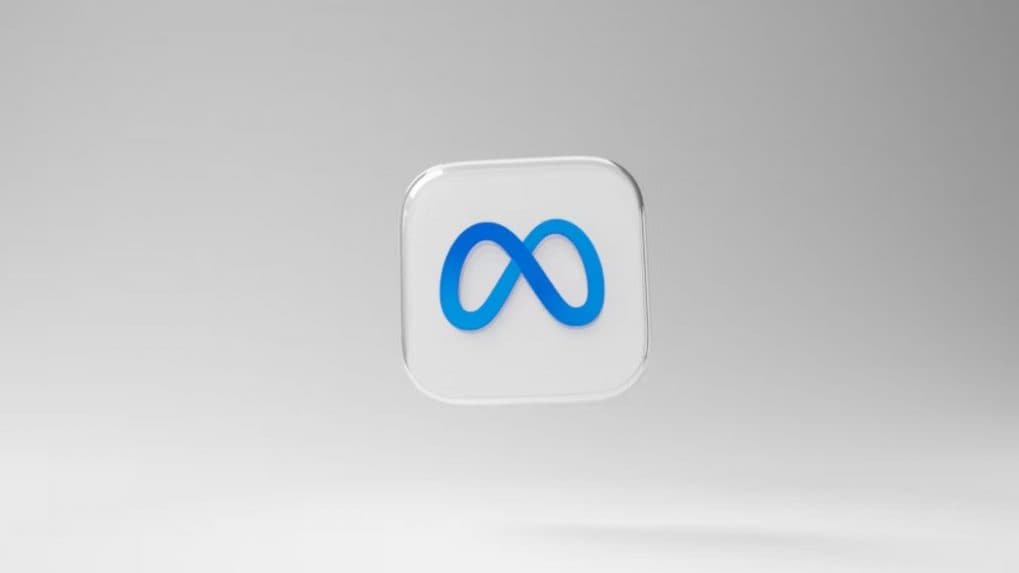How it Works
WPP, Havas, Omnicom: Are advertising’s biggest holdcos recasting agencies as AI Operating Systems?

In one of its largest crackdowns to date, Meta has removed more than 10 million fake Facebook profiles in a single month, signaling a renewed commitment to curb spam and deceptive content on its platform. The company revealed the action as part of a broader push to ensure the authenticity and integrity of content, particularly in the lead-up to major elections around the world.
"We believe that creators should be celebrated for their unique voices and perspectives, not drowned out by copycats and impersonators," Meta said in its blog.
But there’s more to do, it said. Too often the same meme or video pops up repeatedly ‑ sometimes from accounts pretending to be the creator and other times from different spammy accounts. It dulls the experience for all and makes it harder for fresh voices to break through.
To improve users Feed, the platform is introducing stronger measures to reduce unoriginal content on Facebook and ultimately protect and elevate creators sharing original content.
"Unoriginal content reuses or repurposes another creator's content repeatedly without crediting them, taking advantage of their creativity and hard work.
We love it when creators reshare content, add commentary in a reaction video or join in on a trend, adding their unique take. What we want to combat is the repeated reposting of content from other creators without permission or meaningful enhancements," Meta said.
The blog mentions that Meta now is introducing stronger measures to combat this behavior on Facebook.
"Accounts that improperly reuse someone else’s videos, photos or text posts repeatedly will not only lose access to Facebook monetization programs for a period of time, but will also receive reduced distribution on everything they share."
Read more: YouTube cracks down on repetitive content: Monetisation only for original creators from July 15
In addition, if its systems detect duplicate videos on Facebook, it will reduce the distribution of the copies so that original creators can get the visibility that they deserve.
"We’re also exploring ways to provide proper attribution to creators. For example, we're testing adding links on duplicate videos that point viewers to the original piece of content."
The action against spam and inauthentic content comes as Meta increases its investment in AI, with CEO Mark Zuckerberg on Monday announcing plans to spend “hundreds of billions of dollars” on AI compute infrastructure to bring the company’s first supercluster online next year.
It is to be noted that last week, YouTube too had announced a change in policy that prevents content that is mass-produced or repetitive from being eligible for being awarded revenue.
From purpose-driven work and narrative-rich brand films to AI-enabled ideas and creator-led collaborations, the awards reflect the full spectrum of modern creativity.
Read MoreThe Storyboard18 Awards for Creativity have unveiled a Grand Jury comprising some of India’s most influential leaders across advertising, business, policy and culture, positioning it among the country’s most prestigious creative award platforms.